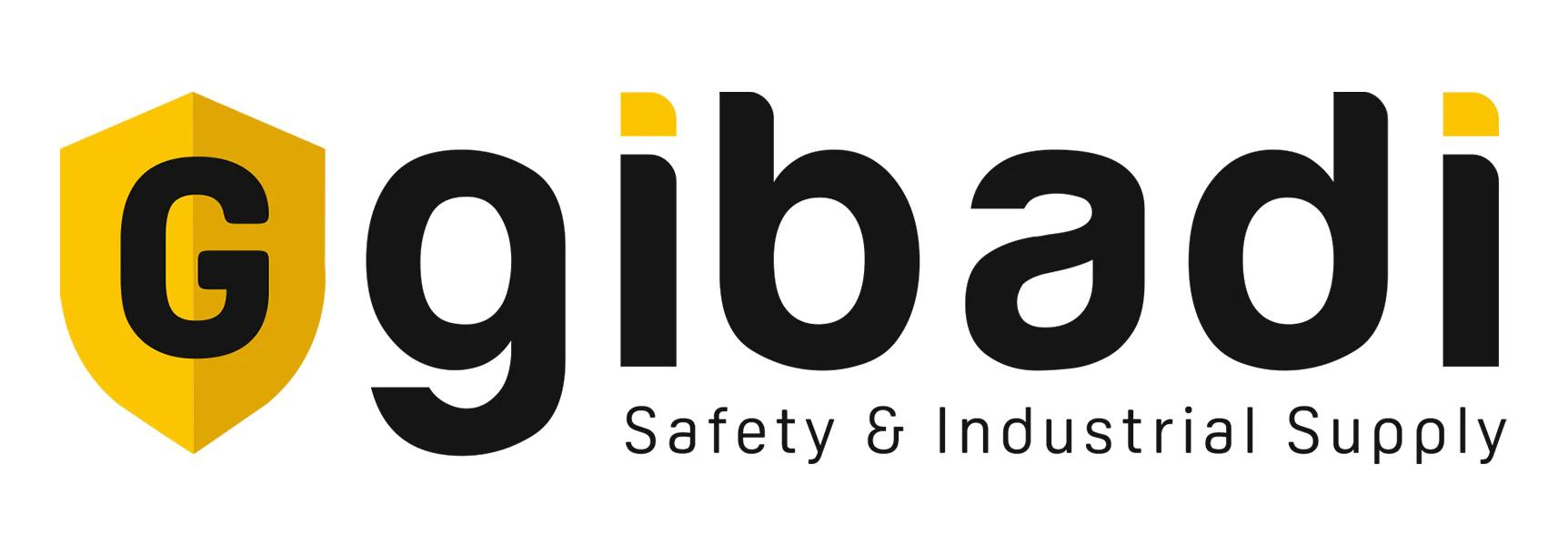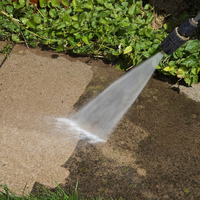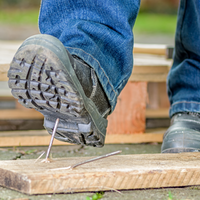Power tools are essential for many jobs, but they can be expensive to replace if they break down. That’s why it’s important to maintain your power tools to keep them in good working condition and extend their lifespan. Here are some tips to help you do just that:
-
Cool down heated tools: Overworking a tool puts a lot of stress on its motor and can cause it to overheat. If your tool seems like it is getting hot, stop what you are doing and give it a break until it can cool down. This will help save you from wearing out the motor or burning out parts.
-
Clean regularly: For your best tool maintenance, power tools should be cleaned at the end of every shift and before they are stored away for the night. You can wipe dirt and other particles from the outside casing with a good cleaning cloth. Compressed air is the best option to clean the particles from the tool’s vents; cleaning your tool’s exhaust vents with a brush could push the dirt farther into the tool and inadvertently cause more damage later.
-
Lubricate: Lubrication is a must to keep all the moving parts on your power tools working properly. Check the tool maintenance section of your owner’s manual and follow the manufacturer’s instructions on how to correctly lubricate your tool’s model and which lubricant to use. Keeping your tool well-lubed keeps the parts from chafing, heating and corroding.
-
Sharpen bits and blades: Using old and worn-out drill bits or saw blades means you have to work your power tool even harder to get the job done. This causes extra stress on the motor which can damage parts or cause the tool to overheat with stress. Likewise, it is also important to make sure you are using the right bit for the material you are working.
-
Calibrate: Power tools are precision instruments. They use a lot of moving parts that need to remain in alignment. The tool maintenance schedule in your user’s manual will outline when a tool should be recalibrated, usually after a specified amount of use hours. Most tool companies offer calibration services for their products.
-
Store properly: Power tools need to be stored in a dry, clean place. Storing power tools in a moist environment can lead to problems with the electrical components and cause corrosion. This can cause safety issues or cause your tool to stop working completely. Tools also should be stored inside a case or cabinet when not in use. This helps eliminate excess dust and particles getting into the tools through the vents when not in use.
-
Replace worn parts: As your tool gets used, some parts will eventually need to be replaced. One of the most common replacements is the tool’s carbon brushes, which are responsible for conducting electricity through the motor.
We hope these tips help you keep your power tools in good condition and extend their lifespan. If you have any other questions, please feel free to reach out to us. Thank you for choosing Gibadi!














